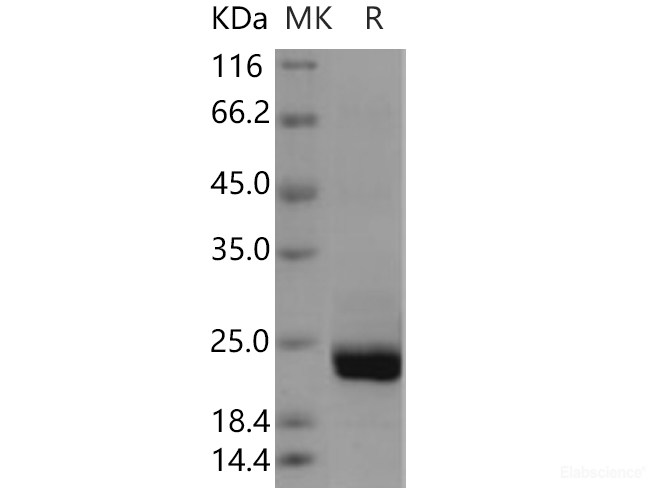Background
PTPMT1 (PTP localized to the Mitochondrion 1) is a member of the protein tyrosine phosphatase superfamily that is localized exclusively to the mitochondrion. It has been recently reported that PTPMT1 dephosphorylates phosphatidylglycerol phosphate, an essential intermediate of cardiolipin biosynthesis. PTPMT1 deficiency in mouse embryonic fibroblasts compromises mitochondrial respiration and results in abnormal mitochondrial morphology. Lipid analysis of PTPMT1-deficient fibroblasts reveals an accumulation of PGP along with a concomitant decrease in phosphatidylglycerol. Modulation of mitochondrial ATP synthesis by PTPMT1 suggests a novel approach for the treatment of pancreatic cancers, which represent some of the deadliest forms of human tumors. The gluttony of cancer cells for energy is well established, and with the development of a modulator of expression, one may hope that we could also achieve the synthetic induction of PTPMT1 expression. It would then be expected that this effect would attenuate, if not abolish, the growth of pancreas-derived tumor cells and support the establishment of a novel regimen for pancreatic cancers.







